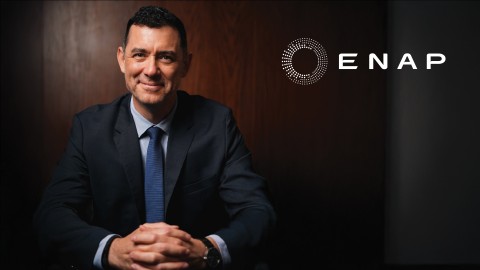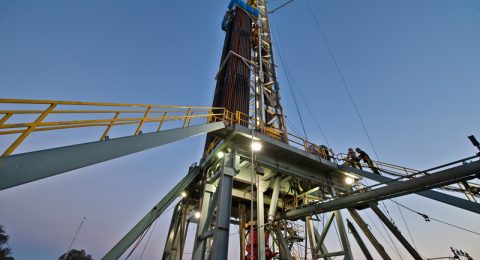The majority of OPEC and independent oil producing countries support turning the OPEC non-OPEC agreement into a long-term producers’ alliance, Energy Minister for the United Arab Emirates Suhail Al-Mazrouei stated, according to Reuters.
OPEC and several separate oil producing countries including Russia agreed to a supply cut in January 2017 in an attempt to erase the global crude glut that had been accumulating since 2014.
“I think the idea itself is liked by, if not all, the majority of the countries,” Al-Mazrouei said, “The ultimate target is to have this group working together for way longer than those two years than we’ve been working together.”
“The objective is to have this group of responsible producers communicating, looking at the market together,” he added, affirming the aim of the alliance is to build on the progress made since the inception of the deal through sharing information and building trust.
“I think the level of trust has increased significantly among us. We call each other, the ministers, and the technical people and commercial people in those countries, they are in direct communication.”
Saudi Arabian Crown Prince Mohammed bin Salman announced on March 26 that Riyadh and Moscow were in talks regarding the extension of the agreement.
“We are working to shift from a year-to-year agreement to a 10-to-20-year agreement,” Salman told Reuters in an interview in New York. “We have agreement on the big picture, but not yet on the detail,” he added.
Saudi Arabia spearheaded OPEC’s coalition with Russia and other non-OPEC countries to help reduce oversupply when oil prices collapsed to below $30 a barrel in 2016 compared to above $100 a barrel in 2014.
Crude has since recovered to roughly $70 a barrel but is facing significant threats from the US shale industry.












